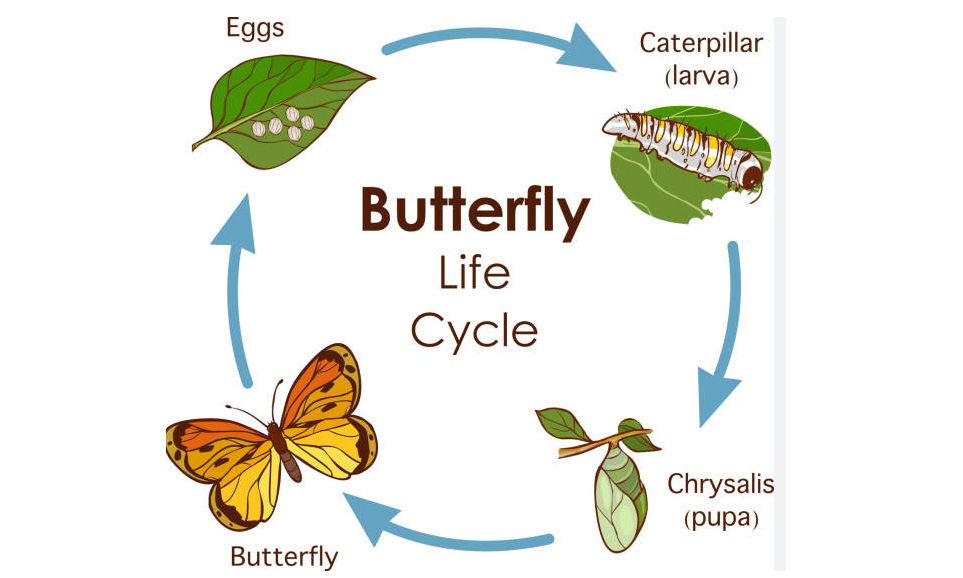Title: Cats and Soup: A Purrfect Pair?
Introduction
Cats are known for their quirky behaviors and unique preferences, but one surprisingly delightful combination that often comes up is cats and soup. While it may seem unconventional, the relationship between our feline friends and this warm comfort food can offer some interesting insights into their health, feeding habits, and even their personalities. In this post, we’ll explore why soup can be a hit with cats and how to safely incorporate it into their diets.
Understanding Your Cat’s Preferences
Cats are notoriously finicky eaters, often turning their noses up at what we think might be delicious. Their natural instincts lead them to be cautious about new foods. However, many cats are drawn to soft, warm, and watery foods, making soup an intriguing option. Cats are also obligate carnivores, which means they thrive on proteins found in meats. If you’re considering offering your cat a taste of soup, opt for broth-based recipes with ingredients like chicken or beef. Just be sure to avoid any harmful additives like onions or garlic that could jeopardize your cat’s health.
Creating Cat-Friendly Soup Recipes
If you’re feeling adventurous in the kitchen, why not whip up a homemade soup specifically designed for your kitty? Simple broths can be made by simmering chicken or turkey bones in water, then straining to remove any solid bits. Adding a few vegetables like carrots or peas can provide extra nutrients, but ensure they are safe for feline consumption. Always let the soup cool before serving it to your cat, and serve it in moderation as a treat rather than a main meal. This way, you not only cater to your cat’s delicate palate but also introduce variety into their diet.
The Benefits of Soup for Cats
While soup may not be a staple in your cat’s diet, it can offer a variety of benefits when introduced correctly. The added moisture from the broth can help keep your cat hydrated, especially if they tend to avoid drinking enough water. This is particularly important for cats that struggle with urinary health issues, as increased hydration can promote better kidney function. Additionally, the warmth of the soup can be comforting for older or sick cats, making it a soothing option during times of recovery. Just be sure to monitor your cat’s response, adjusting the ingredients as necessary to ensure they remain enthusiastic about their soup-time experience.
Conclusion
While cats and soup might not be a conventional topic, incorporating a little broth into your feline friend’s diet can create a fun and tasty experience. Remember to focus on safe ingredients, preparation methods, and moderation to ensure the health and happiness of your kitty. So why not grab a pot and experiment? Your cat might just thank you with a purring cuddle session! For more insights on feline nutrition and care, don’t hesitate to explore our other articles or consult a vet. Happy cooking!




